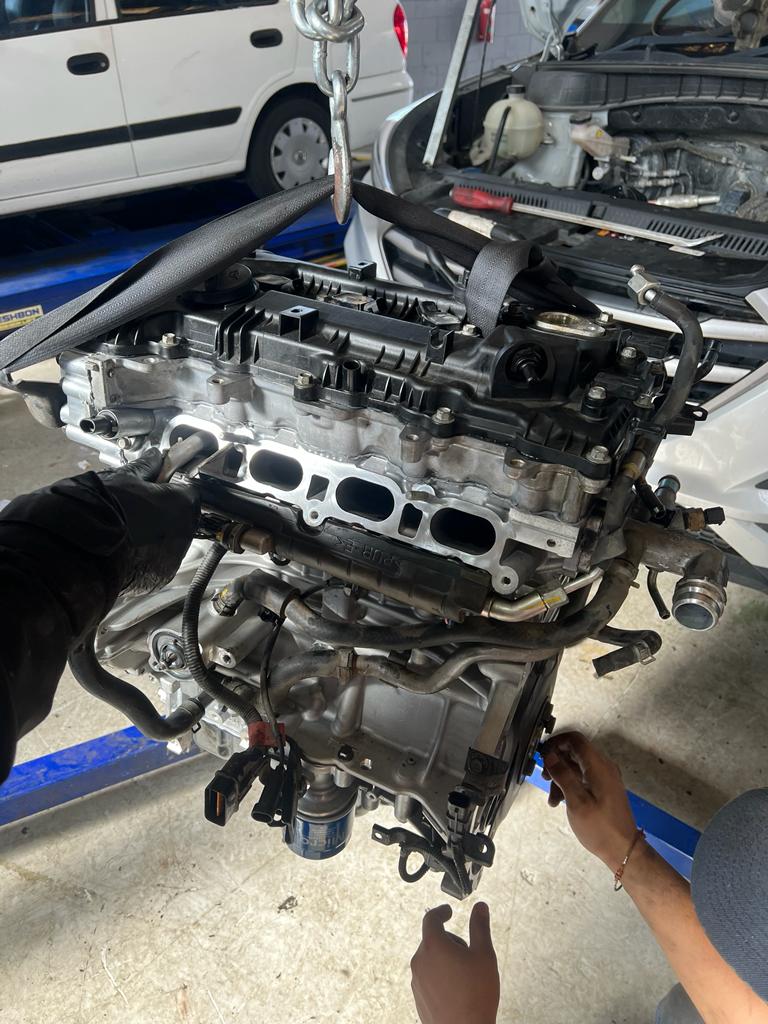The Hyundai i30 has been positioned as a trustworthy and highly-rated small car that is renowned for its combination of efficiency, performance, and worth. The main reason for its popularity is its engine lineup that has been developed to meet a wide variety of needs and preferences. Here’s a comprehensive overview of what you need to be aware of the options for engines that are available on the Hyundai i30.
Engine Options and Performance
The Hyundai I30 engine offers a variety of engines that cater to various driving styles and requirements. The engine lineup usually includes diesel, petrol, and occasionally hybrid options according to the model year and market.
Diesel Engines: The I30’s petrol engines are engineered to provide an ideal balance between performance and efficiency of fuel. The standard engine in many recent models is an 2.0-liter four-cylinder unit that delivers around 150 horsepower. This engine provides a smooth and responsive driving experience, making it suitable for the highway and urban driving. If you’re looking to boost your performance There’s usually an option for a turbocharged 1.6-liter four-cylinder engine that can produce as much as 200 horsepower. The engine is typically used in more sporty models like the i30 N, which is specifically designed for those who want the thrill of driving in a more lively manner.
Diesel Engines: Diesel motors in the i30 provide excellent fuel efficiency and are a popular choice for those who frequently travel long distances. The most popular diesel engine is an 1.6-liter four-cylinder unit that usually produces 130 horsepower. It offers a nice blend of efficiency and power and lower CO2 emissions compared to the petrol equivalents. Diesel engines are particularly advantageous for those who value longer-term savings on fuel and less operating costs.
Hybrid Engines: In certain markets the i30 is also available with hybrid powertrains. These engines blend a petrol engine with an electric motor to boost fuel efficiency and reduce emissions. Although hybrid vehicles aren’t as frequent, they are a sign of Hyundai’s commitment to offering environmentally friendly vehicle options.
Transmission and Driving Experience
The Hyundai i30 is generally equipped with a range of options for transmissions, which include manual and automatic transmissions. The manual six-speed transmission provides a classic driving experience, whereas the automatic transmissions–often a six-speed or a dual-clutch seven speed unit–offer a more efficient and comfortable driving experience. Dual-clutch transmissions, in particular, is highly regarded for its speedy shifts and enhanced acceleration.
Conclusion
The Hyundai i30’s engines cater to a broad spectrum of drivers, from those looking for efficiency in their daily commute to those seeking a more thrilling drive. With a wide range of diesel, petrol, and even hybrid engine options, the i30 offers a unique combination of performance, efficiency and reliability, which makes it an excellent choice in the competitive compact car segment.



